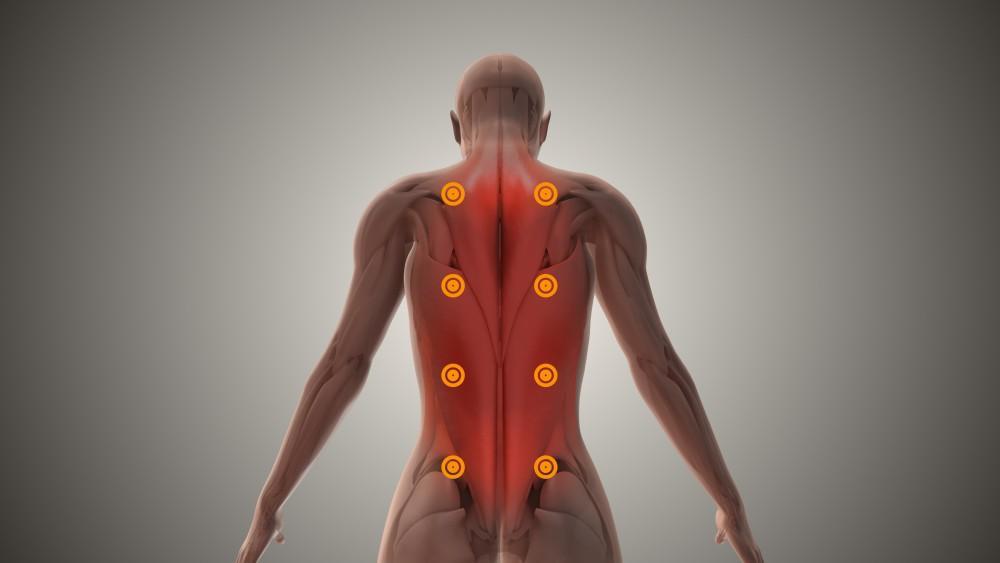

When it comes to managing chronic or severe pain, two advanced procedures often come into consideration: nerve blocks and neurolysis. Though both target nerves to relieve discomfort, they differ significantly in purpose, technique, and duration of relief. At the Neurology and Pain Management Clinic (NPMC), Dr Gautam Arora helps patients understand these options to choose the most effective treatment plan.
A nerve block involves the injection of an anaesthetic—sometimes combined with a steroid—near a specific nerve or group of nerves. The goal is to temporarily “block” pain signals from reaching the brain.
Nerve blocks are typically used for:
Effects can last from a few hours to a few weeks, depending on the medications used and the individual’s response.
Neurolysis is a more long-term or semi-permanent solution. It involves the deliberate destruction of nerve fibers to stop pain transmission—either chemically (with alcohol or phenol) or through heat (radiofrequency ablation).
Neurolysis is often recommended for:
Since it aims to disable the nerve more permanently, neurolysis is typically performed after diagnostic nerve blocks confirm the right target.
Choosing between nerve blocks and neurolysis depends on your pain condition, health status, and how you respond to less invasive options. At NPMC, Dr Gautam Arora uses evidence-based methods to ensure patients receive the safest and most effective treatment.
| Categories: | Services / Health & Beauty Services |
| Phone: | 8595168656 |
| Address: | 16/3, near Kirpal Physiotherapist, Block 16, Shakti Nagar, Delhi, 110007 |
| Website: | View our site |
| Email: | drgagautamarora@gmail.com |